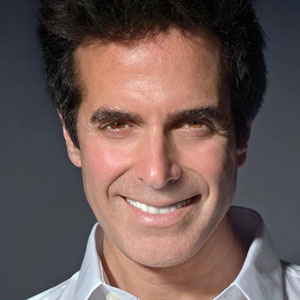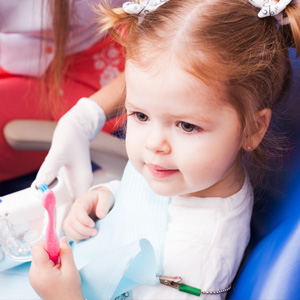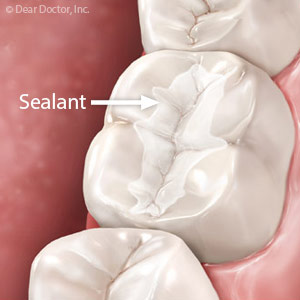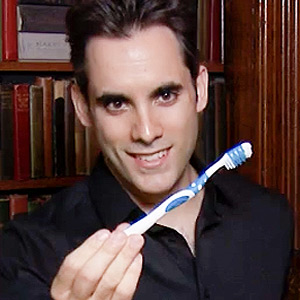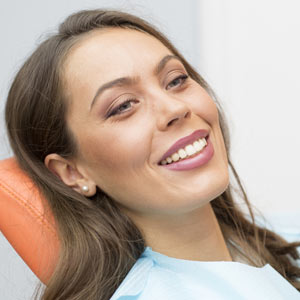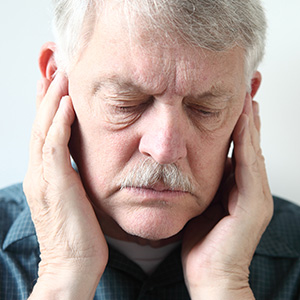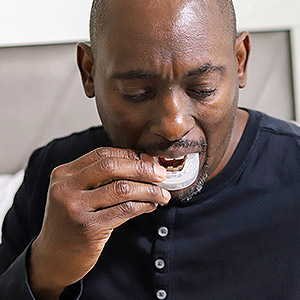

Morning tiredness, brain fog and snoring are just some of the indicators of a medical condition known as sleep apnea. And, it’s worse than waking up on the wrong side of the bed—over time, sleep apnea could increase your risk for heart disease or other life-threatening conditions.
Sleep apnea occurs when air flow becomes restricted during sleep, usually by the tongue blocking the airway. As oxygen levels begin to fall, the brain signals the body to wake up to “fix” the air flow problem.
As this arousal may only last a second or two, you may not remember it when you awaken in the morning. But it can happen numerous times a night, depriving you of the deep sleep your body needs for rest and repair.
Fortunately, there are ways to treat sleep apnea. In extreme instances, you may need surgery to correct anatomical defects causing the condition. For most cases, though, the most common treatment is continuous positive airway pressure (CPAP) therapy, which consists of a portable pump delivering pressurized air through a face mask that keeps the throat open while you sleep.
Used by millions of patients, CPAP can be quite effective. Some patients, though, feel uncomfortable using a CPAP machine for various reasons. If you’re one of those unhappy CPAP campers or you would like to consider a possible alternative, your dentist might have the answer: oral appliance therapy (OAT).
An OAT device is worn in the mouth during sleep to prevent the tongue from falling back against the back of the throat and blocking the airway. There are various forms of OAT appliances, but they’re all custom-made by a dentist to fit an individual patient’s mouth. They work best for mild to moderate sleep apnea in which the tongue is the primary culprit in airway blockage.
If you suspect you may have sleep apnea, you should undergo a complete examination by a doctor or dentist to confirm it. If you’ve been diagnosed with mild to moderate sleep apnea, talk to your dentist about an OAT device. You may find OAT can provide you the relief you need for a better night’s sleep.
If you would like more information on oral treatments for sleep apnea, please contact us or schedule an appointment for a consultation. You can also learn more about this topic by reading the Dear Doctor magazine article “If You Snore, You Must Read More!”

